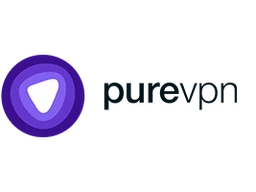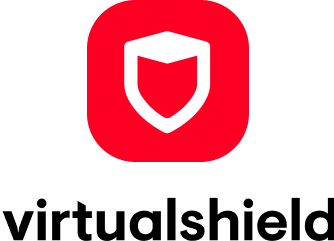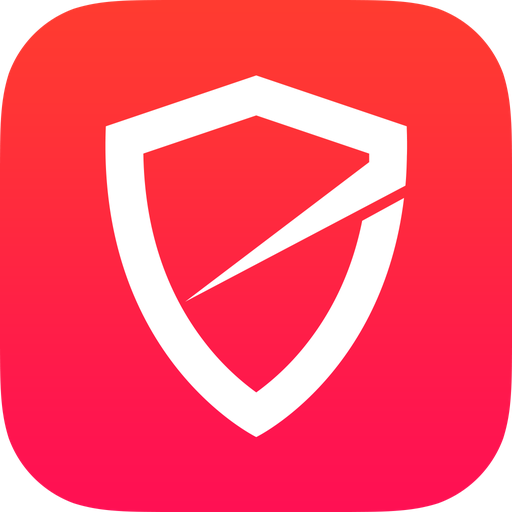Most Free VPNs Come with Significant Limitations
Free VPN services usually come with major downsides. Unlike their paid counterparts, free VPNs
often restrict bandwidth, resulting in slow speeds and limited server choices. Additionally, some users
report that certain free VPNs have sold personal data to third parties, undermining the privacy they
promise. Even without such practices, many free VPNs lack the infrastructure to provide strong security,
posing risks to user privacy.
How Do Free VPNs Make Money?
Free VPNs often rely on revenue from ads and may offer minimal service quality to push users
toward paid plans. This approach can lead to frustrating, slow connections that make it difficult to
enjoy a seamless online experience.
The Best Way to Use a VPN for Free
For secure and high-speed VPN access without paying upfront, consider trying Private Internet
Access (PIA) or CyberGhost. Here’s how:
- Go to the Proton VPN or CyberGhost websites.
- Download their software and
take advantage of the 30-day money-back guarantee. You can use these premium services risk-free for a
month, and we’ve verified that their refunds are hassle-free.
This approach is ideal if you need VPN access for a short period, such as during travel. PIA
offers top-tier security, maintaining fast connections without interruptions or lags. Unlike many free
VPNs, PIA uses stringent security protocols and has a zero-log policy to keep your data private.
While PIA and CyberGhost aren’t free long-term, they offer considerable discounts on monthly
plans if you decide to subscribe after the trial.
The Bottom Line on Free VPNs
While a few free VPNs are relatively safe, they simply can’t match the data protection, speed,
and reliability of even the most affordable premium options. For reliable performance without buffering
or interruptions, paid VPNs are your best bet.
Check our curated list of the best premium VPNs for exclusive deals and the best prices on
secure, high-speed service!
Frequently Asked Questions (FAQ)
What is a VPN?
VPN stands for Virtual Private Network. It is virtual because it establishes a point-to-point
connection over an existing network and private since the contents are encrypted. Imagine your laptop or
mobile phone connecting to the public internet via another computer (which we'll call server). Now, what
if this particular server is located in a different country? It would then appear as if you're
connecting from that country instead of where you're physically located. And since your basically using
another "computer," your actual IP address is not exposed, making your online activities virtually
untraceable.
What makes a decent VPN service? What features should I look for when making my purchasing
decision?
It all boils down to what you'll be using it for. Here's what to look for in a VPN provider:
A reliable encryption protocol. Look for a VPN service that offers industry-leading
protocols such as OpenVPN, IPSec/IKEv2, Wireguard, and SSTP.
Fast speed and unlimited bandwidth. Look for one that has been tested and deemed
fast enough for day-to-day online activities as well as gaming, downloading large files, and more.
Large server network. This is especially crucial if you travel abroad where the
internet is regulated. Having more servers in one location also means you can avoid network
congestion during "internet rush hour".
Simultaneous device connection. Various studies suggest that, on average, a single
household has access to more than ten connected devices. As much as possible, look for a VPN
provider that can protect multiple devices in a single account. Proton VPN, for
example, allows simultaneous connection of up to 10 devices.
Supports multiple OS. Your VPN should offer clients and apps that work with
Windows, Mac, Android, iOS, Linux, OS X, and more. If they offer browser extensions, even better.
Privacy-friendly location and policy. As much as possible, look for a VPN that has
jurisdiction outside of the 5/9/14 Eyes Alliances. You can also check their privacy policy page to
confirm that they are indeed a zero-log VPN.
Should you get a VPN? What are the advantages?
Yes, if you want the following benefits:
+ Hide your IP address so you can surf the web in total anonymity.
+ Safeguard sensitive information such as your online banking credentials, email and social media
passwords, credit card numbers, and more.
+ Avoid geographical price bias and save money when shopping online, booking flights or hotels,
buying apps or online courses, and more.
+ Stop your ISP from slowing your service down when you've reached your data cap for the month.
+ Access your office or school network from anywhere.
I heard that using a VPN slows down your internet connection? Is this true?
Well, yes and no. Connecting to a VPN will always affect your speed as it adds a layer of
security measures that were not present in your connection before. It will also depend on your base
speed or whether or not you're connecting to a local or long-distance server. However, if you're using a
decent VPN, the speed loss should be hardly noticeable. In fact, using a VPN could actually boost your
speed during instances when your ISP throttles your data and bandwidth. Disclaimer
The aim of this website is to help you find the perfect software for your needs in an
easy-to-view comparison list. You can read more about how we review and about our background in the
About Us section of this website. Software does not feature all of the software available in the market,
we cherry-pick what we consider to be the leaders in each vertical. We try to keep this site updated and
fresh, but cannot guarantee the accuracy of the information as well as the prices featured at all times.
All prices quoted on this site are based on USD so there could be slight discrepancies due to currency
fluctuations. Although the site is free to use, we do earn commissions from the software companies that
we have partnered with. If you click on one of our links and then make a purchase, we will get paid by
that company. This has an impact on the ranking, score, and order in which the software is presented in
our list and elsewhere throughout the site. Software listings on this page DO NOT imply endorsement.










